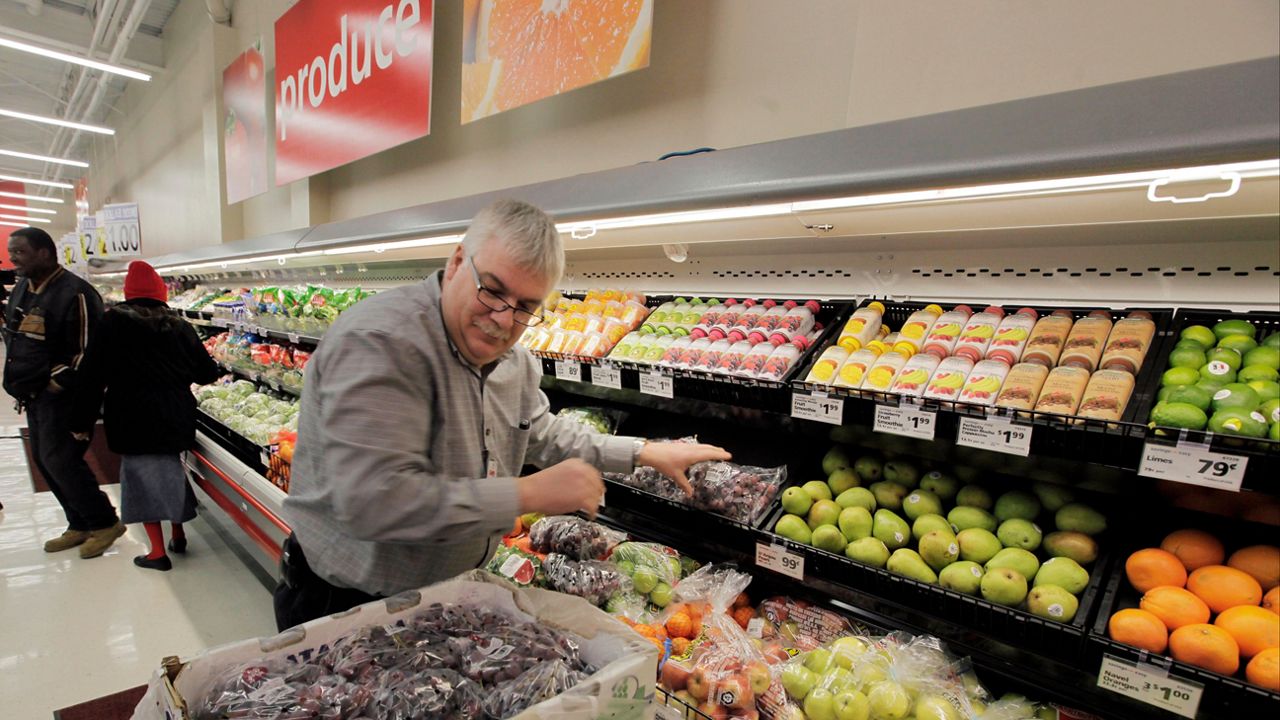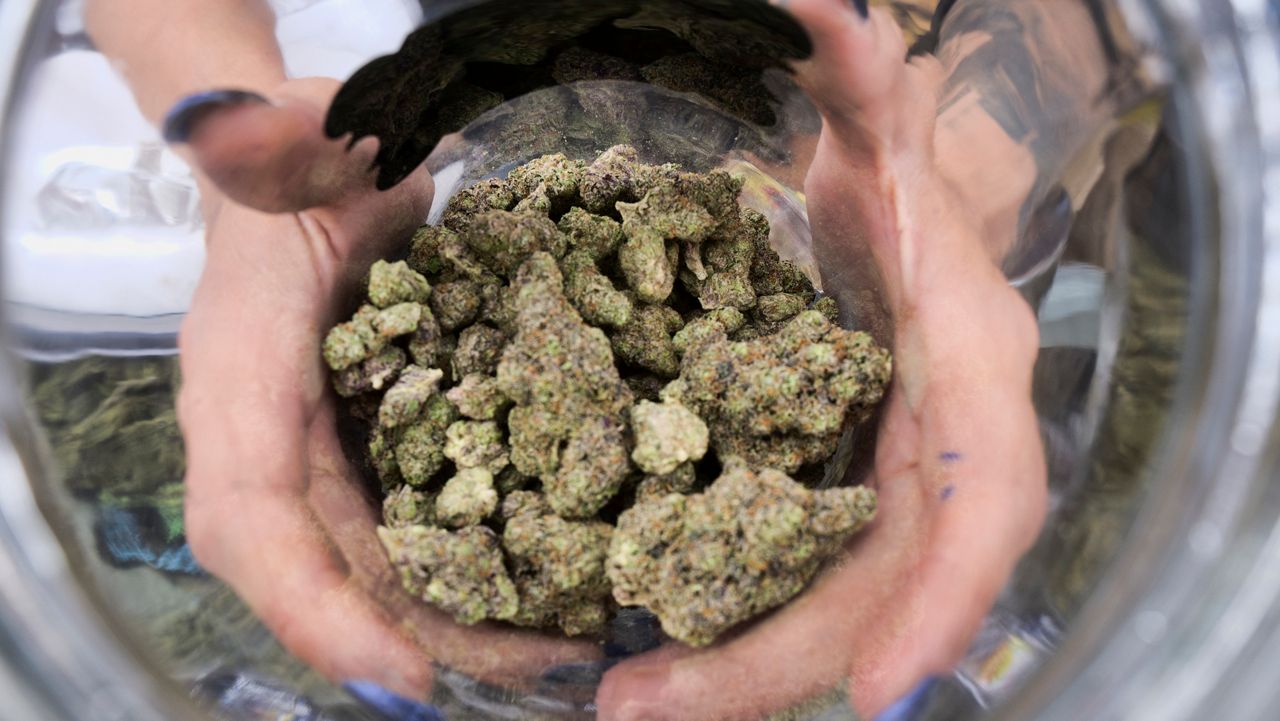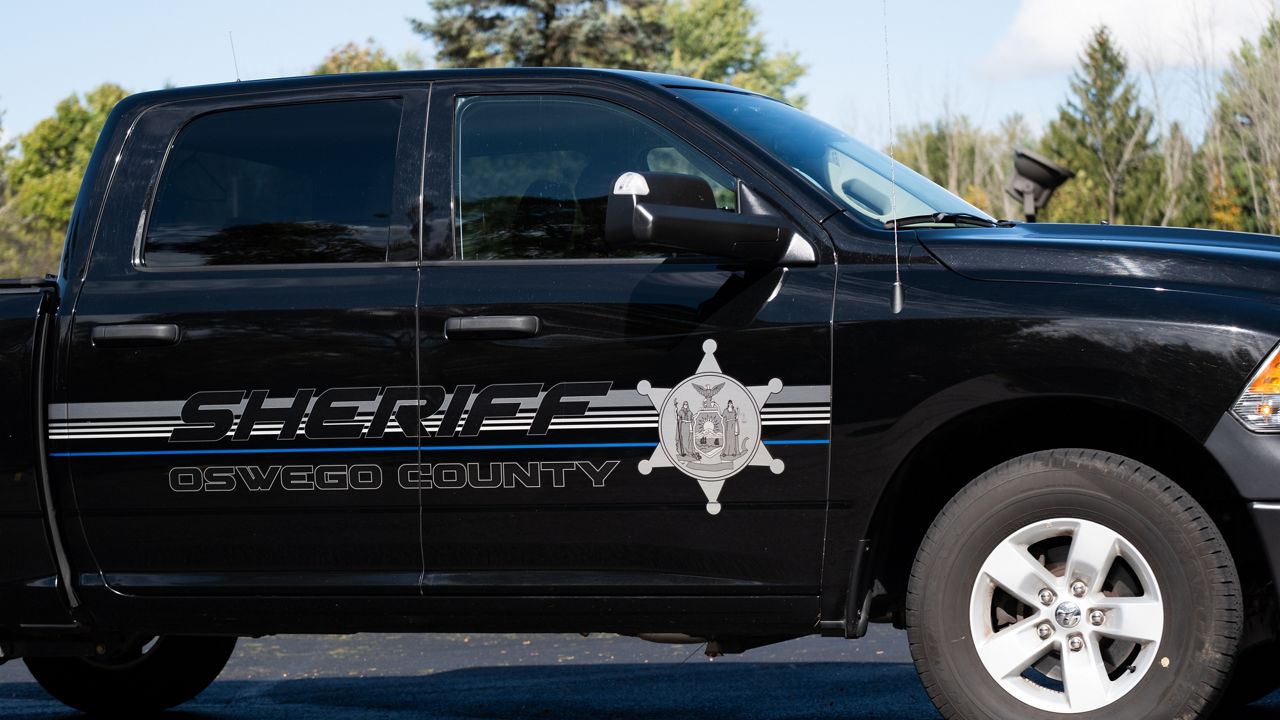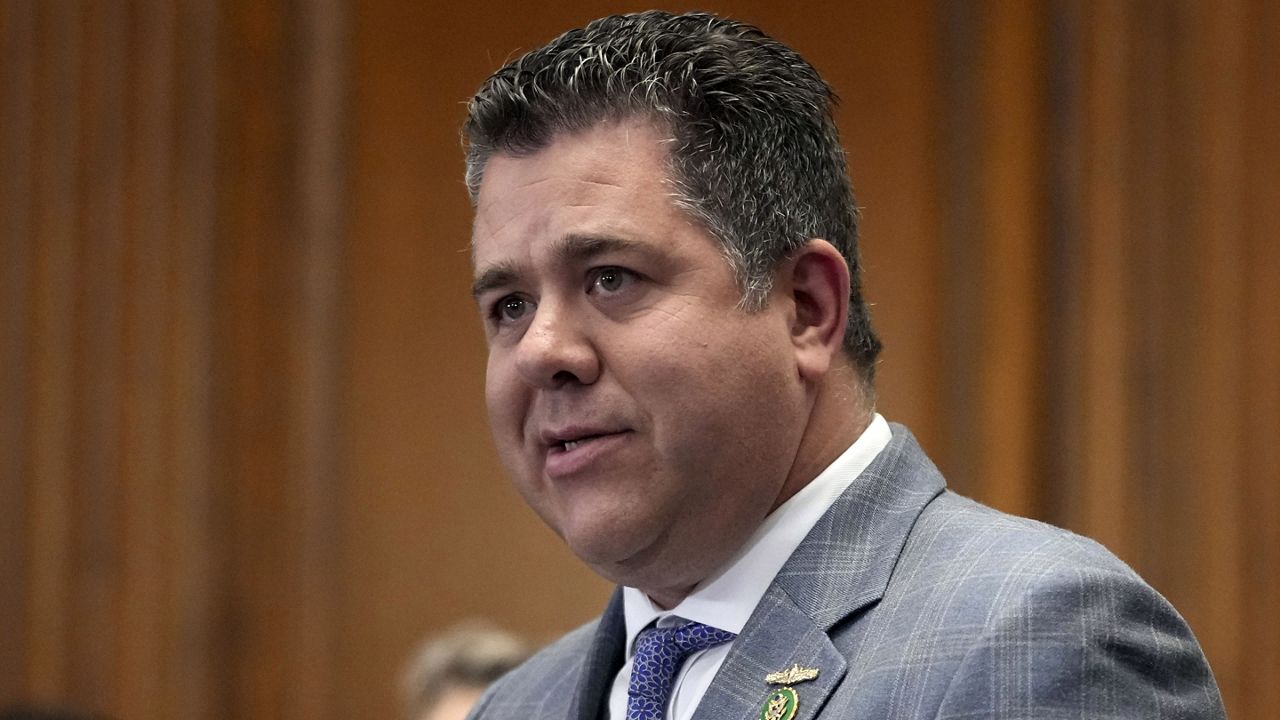Some lawmakers and activists are pushing Gov. Kathy Hochul to declare an executive order to expand supervised injection sites statewide as a solution to reduce overdose deaths in New York.
Drug overdoses and overdose deaths related to opioid use continue to increase in the state, which surged during the COVID-19 pandemic, according to the latest state Health Department data.
Overdose prevention centers, also known as supervised injection sites, allow people with substance abuse disorder to use illegal drugs they've previously obtained in front of health staff trained to prevent overdose deaths and connect them with other services.
Senate Health Committee chair Gustavo Rivera sponsors legislation that would create a program to establish overdose prevention centers in areas around the state to reduce the risk of an overdose or people suffering from substance abuse disorder.
The program would promote the expansion of community-based organizations to serve as a supervised location for people with substance abuse disorder to get health screenings and be connected to other educational, housing and mental health resources.
Rivera, a Bronx Democrat, says his legislation would make that program a reality, but it isn't necessary.
"Madam Governor, you don't require it — all you're required is your pen," Rivera said Tuesday during a rally in the state Capitol in support of the centers. "All you need, Madam Governor, is your will."
Activists rallied promoting public health supports and not criminal punishment for New Yorkers battling substance abuse near Hochul's office on the second floor.
Rivera pleaded with Hochul to take immediate action and not wait for the Legislature's vote on his bill to save lives.
"...So many thousands more that we may lose, or Madam Governor, that we will lose, unless we act," the senator said. "And so I ask you once again, Madam Governor, it is in your hands. Let's get this done, executive action, and make overdose prevention centers a reality across the state of New York. Please."
Representatives with Hochul's office did respond to requests for comment Tuesday about the governor's appetite for executive action to address the opioid or overdose crises.
Hochul on Tuesday announced more than $5 million dollars for grants to establish six substance use and prevention coalitions in regions across the state. The state Office of Addiction Services and Supports will focus that funding on prevention efforts in priority populations most impacted by these crises, including indigenous groups, people of color, veterans, older adults and people with disabilities.
Overdoses related to opioid use in the state increased 14% in 2021, according to DOH. The rise prompted acting commissioner Dr. James McDonald on Tuesday to allow authorized health practitioners to continue using telemedicine to treat New Yorkers with opioid use disorder.
Health professionals have used the medicine Naloxone to reverse more than 700 overdoses at the state's two overdose prevention centers in New York City since they opened last year. More than 2,300 people with substance abuse disorder have used illegal substances at the centers, located in Manhattan's East Harlem and Washington Heights to date.
"We need many more in New York state," said Sam Rivera, executive director with OnPoint NYC, which runs both centers. "We have to be where the need is."
Sam Rivera says more centers are needed statewide to connect drug users with treatment services and save their lives.
The state Office of Addiction Services and Supports rejected late last year a recommendation from the Opioid Settlement Fund Advisory Board to use a portion of the state's share of more than a billion dollars in opioid settlement funds to create more overdose prevention centers.
Sam Rivera says that money belongs to survivors and drug-use professionals, and he stands ready with other activists to take legal action.
But supervised injection sites are difficult for many people to accept as the best treatment option, splitting lawmakers on the best solution for overdose prevention and harm reduction.
Republican lawmakers maintain safe injection site are a mistake, and frequently vocalize concerns they'd increase the presence of illegal drugs in a community and substance abuse.
"God bless them that they save these folks, but there's something wrong with the way you're administering them, and I don't think it really helps anybody," Assemblyman Joe Giglio, a Republican from Gowanda. "If you can identify somebody that's addicted and needs help, then you find them help. You don't give them more drugs."
Giglio, a lifelong resident of Western New York, argued the centers existing in New York City shouldn't influence response in the rest of the state.
The state's drug supply is deeply manipulated with fentanyl, increasing risks of dying by overdose.
Sam Rivera understands the pushback, but says the centers are critical to safely address the opioid and overdose crises and are a cost-saving measure. It costs about $30,000 for first responders and an ambulance to respond to one overdose call in the city, he said. That would cost more than $21 million to respond to the more than 700 overdoses staff reversed in the city's supervised injection sites in the last year, compared to $1.4 million it cost to operate both centers since they opened.
"This gives them an opportunity to safely stay alive while they work on their lives," OnPoint NYC's Sam Rivera said. "And work on, for many people, reducing and many others stopping completely. But we need them alive to get them there."
Assembly Health Committee Chair Amy Paulin says overdose prevention centers make a lot of sense, but questions remain about how they can be done in compliance with federal law.
"I do support the initiative, but I think what we need clarification on is, can we do it and still receive federal funds?" she said Tuesday.









